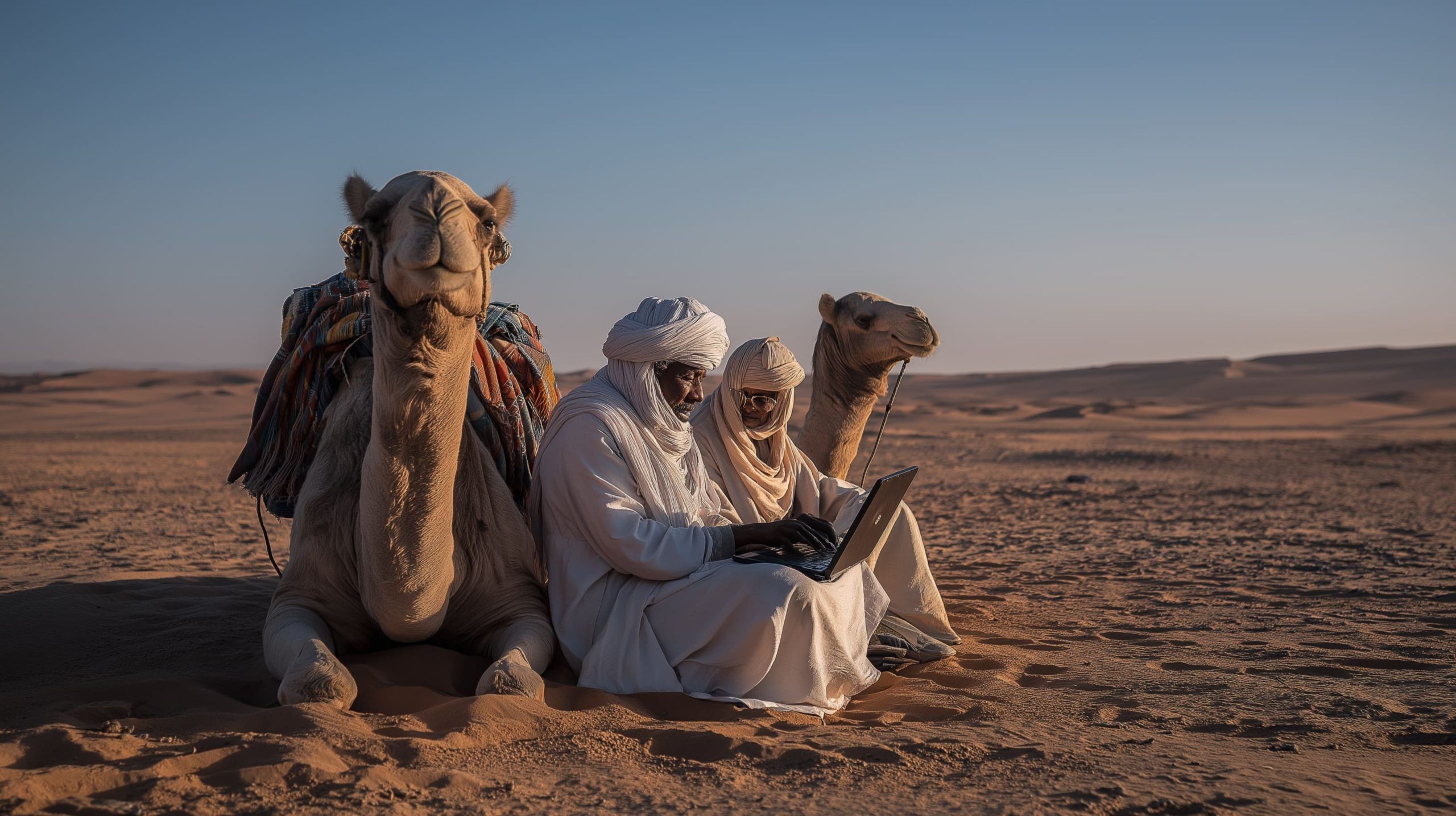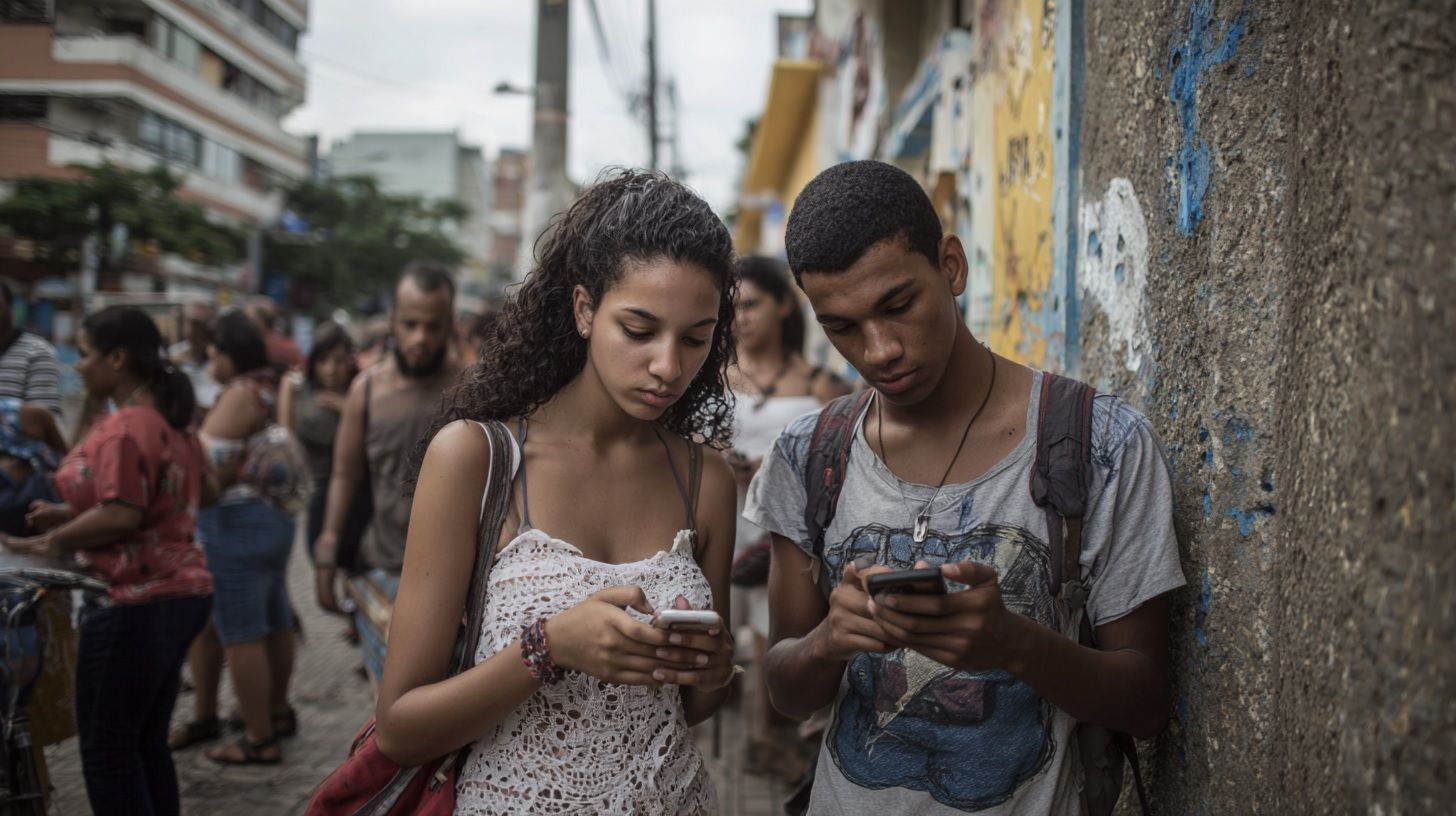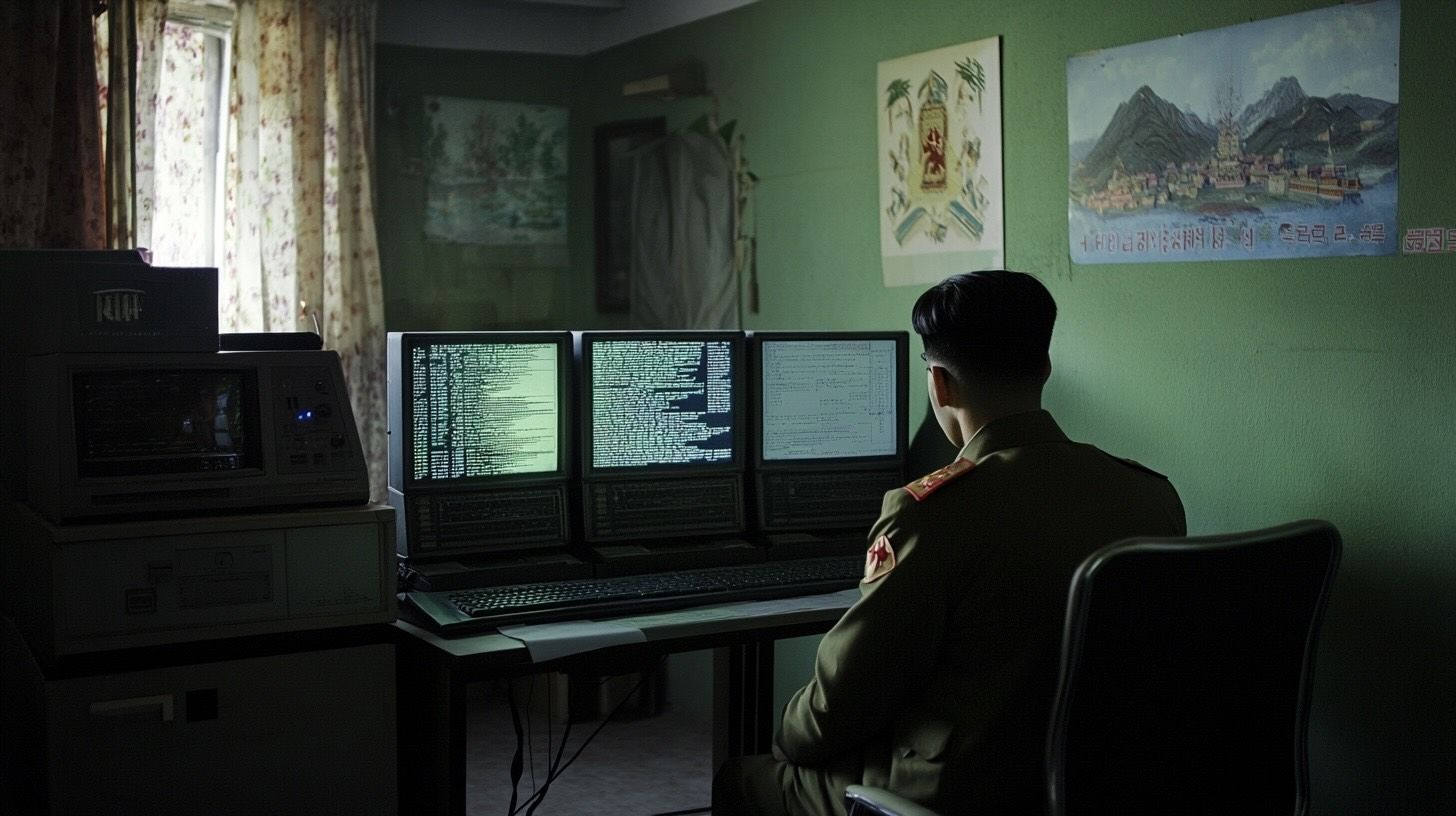
‘Immorality’ Crackdown: Taliban’s Expanding Internet Ban Plunges Afghan Provinces into Digital Darkness
Background: Taliban Rule and Rising Censorship (2021–Present) When the Taliban returned to power in August 2021, Afghans feared a rollback of the relative freedom enjoyed over the prior two decades. Those fears have largely been realized. In the four years








